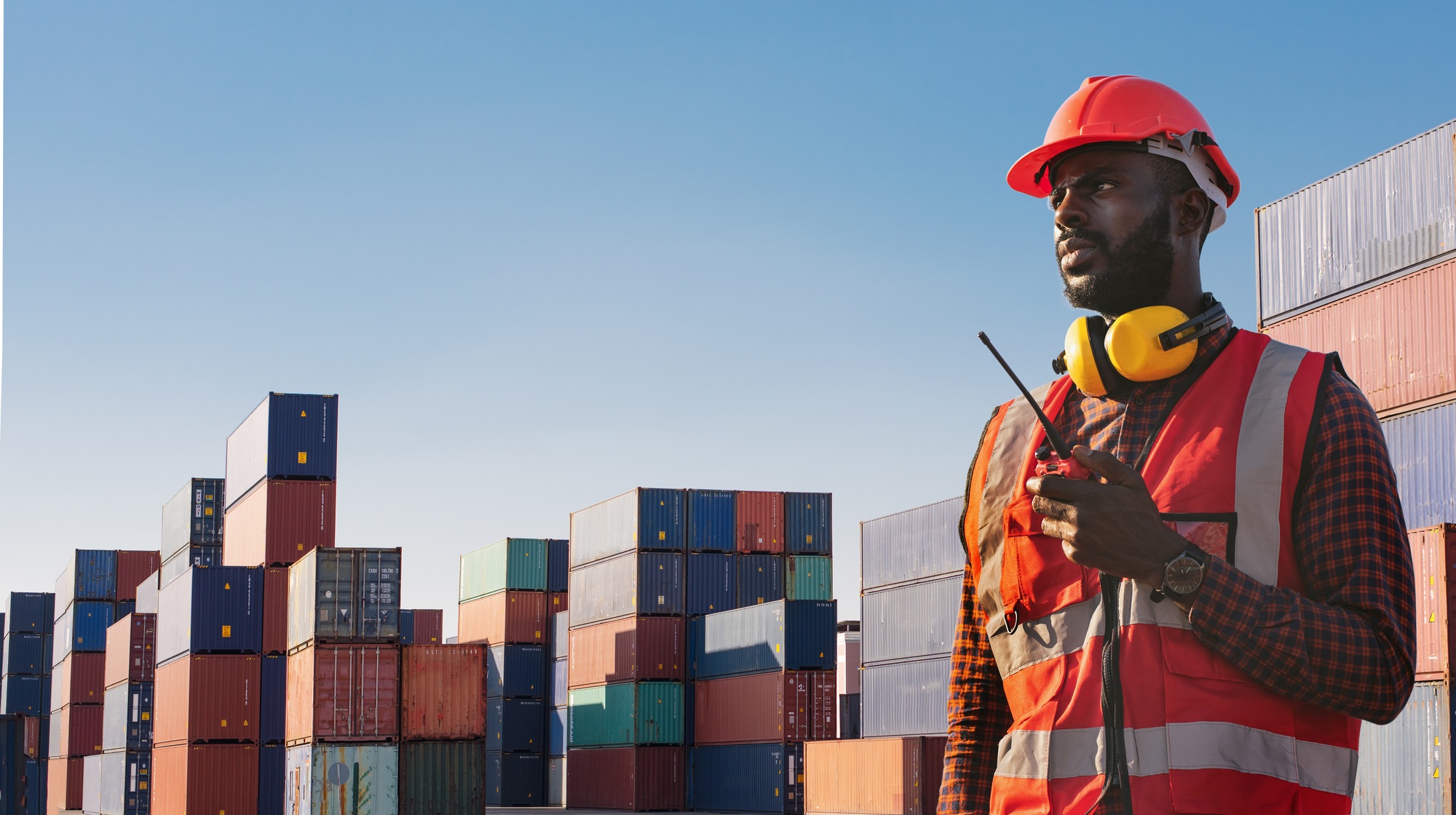In today’s rapidly evolving manufacturing landscape, U.S. industries face unprecedented pressure to secure raw materials, lower production costs, and safeguard against global supply chain disruptions. At the heart of meeting these challenges is the circular economy—a model that turns waste into value and keeps critical materials circulating within the country. For American manufacturers, especially those reliant on battery materials, the circular economy isn’t just a sustainability initiative—it’s a strategic advantage.
What Is the Circular Economy?
The circular economy replaces the traditional “take-make-dispose” industrial model with a closed-loop system that emphasizes reuse, repair, and recycling. Instead of extracting virgin resources for every new product, manufacturers recover and regenerate valuable materials from used products. In the context of energy storage and electric vehicles, this means reclaiming essential elements like lithium, cobalt, nickel, and graphite from spent lithium-ion batteries and reintegrating them into new production lines.
By adopting circular principles, manufacturers can mitigate the risks associated with volatile commodity markets, international dependencies, and long lead times. As the U.S. EPA highlights, circularity not only conserves natural resources but also strengthens domestic economic resilience.
American Li-ion’s Role in Circular Manufacturing
At American Li-ion, we are actively closing the loop in the battery material supply chain. Using Green Li-ion’s patented modular recycling technology, our Oklahoma facilities recover and refine black mass—a concentrated powder of shredded battery components—into 99% pure pCAM (pre-cathode active material). This material can be directly reused in lithium-ion battery manufacturing, providing U.S. manufacturers with a stable, domestic source of high-quality input.
Unlike conventional hydrometallurgical processes that often require sorting and offshore handling, our system processes unsorted black mass on U.S. soil, delivering cost-effective results at commercial scale. By keeping every step of the process domestic, American Li-ion ensures that the materials U.S. manufacturers need remain accessible, traceable, and reliably American-made.
Four Ways the Circular Economy Benefits U.S. Manufacturers
- Cost Savings: Recycled materials often cost less than virgin mined inputs, especially when supply is tight. Manufacturers can lower input costs while avoiding the premium prices of imported materials.
- Supply Chain Security: Domestic recycling shortens the distance between raw material recovery and end-product manufacturing. This reduces lead times and shields businesses from geopolitical risks.
- Compliance & Reputation: As regulations around sustainability increase, circular sourcing helps companies meet federal guidelines and align with customer expectations around ESG and responsible sourcing.
- American Industrial Leadership: Leveraging U.S.-based circular systems reinforces America’s leadership in innovation, manufacturing, and national self-sufficiency.
Partnering for a Resilient Future
Adopting circular practices isn’t just about recycling—it’s about building smarter systems that support long-term industrial success. Whether you’re in automotive, defense, electronics, or renewable energy, sourcing materials from domestic recyclers like American Li-ion reduces risk, improves operational agility, and demonstrates a commitment to American values.
Through initiatives like our flagship Project Lazarus in McAlester and our operational plant in Atoka, we’re creating the infrastructure and capacity to support U.S. manufacturing now and in the decades ahead. With 250–300 high-paying jobs projected and 60,000 metric tons of annual processing capacity, we’re not just recycling—we’re rebuilding the foundation of American manufacturing strength.
Further Reading



